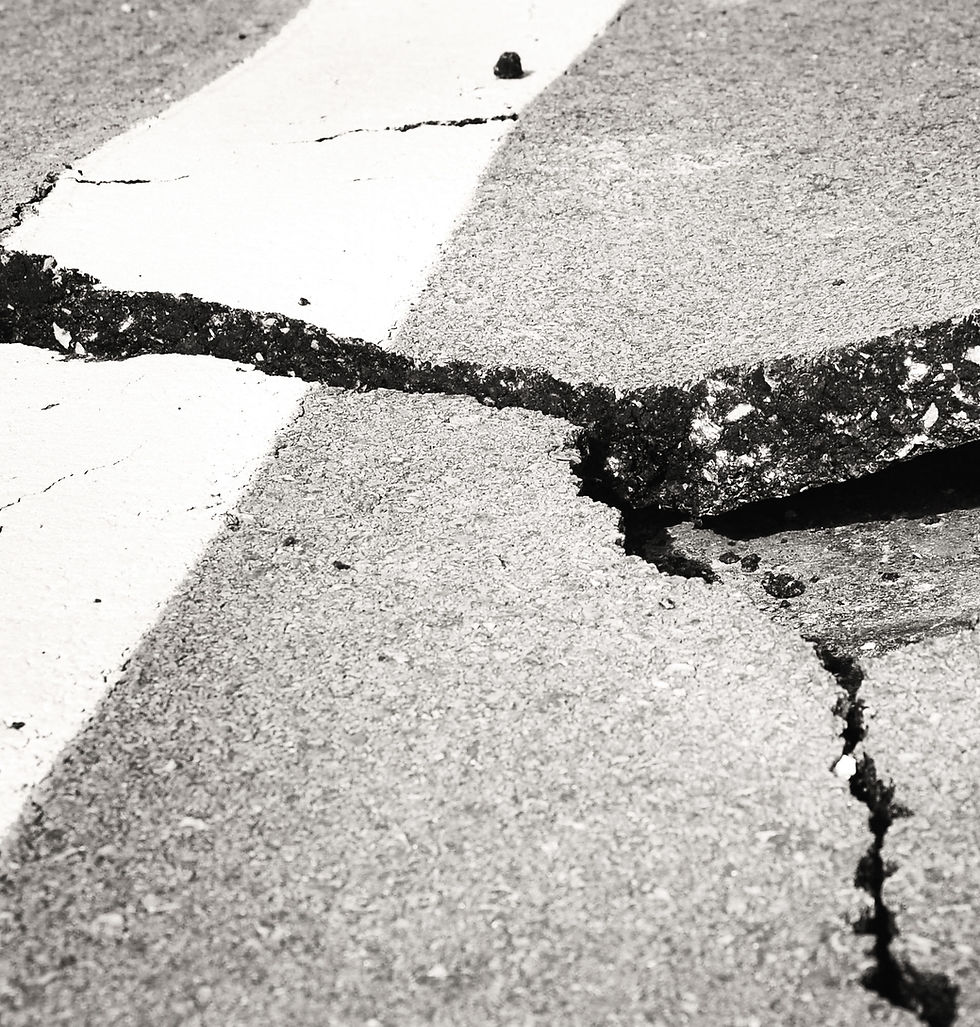Breaking Stigmas: Mental Health and Minorities
- Monretta Vega
- May 17, 2021
- 4 min read
July is National Minority Mental Health Awareness Month, It is important that we understand that mental health care in the United States continues to be an important health crisis that affects a large portion of the population. Mental health conditions go beyond these emotional reactions to specific situations. They are medical conditions that cause changes in how we think and feel and in our mood. These changes can alter your life because they make it hard to relate to others and function the way you used to. Without proper treatment, mental health conditions can worsen and make day-to-day life hard.
According to the Health and Human Services Office of Minority Health, Minority Americans are 20% more likely to experience serious mental health problems than the general population. Common mental health disorders among minorities include:
· Suicide, among young African American men
· Posttraumatic stress disorder (PTSD), because minorities are more likely to be victims of violent crime
Many Minority Americans are also more likely to experience certain factors that increase the risk for developing a mental health condition:
· Homelessness. People experiencing homelessness are at a greater risk of developing a mental health condition. African Americans make up 40% of the homeless population.
· Exposure to violence increases the risk of developing a mental health condition such as depression, anxiety and post-traumatic stress disorder. African American children are more likely to be exposed to violence than other children.
According to the United States Department of Health and Human Services Office of Minority Health, less than one-half of people with serious mental illness receive treatment, and in general, minorities have less access to proper mental health care services when they need them. Different reasons prevent Minority Americans from seeking treatment and receiving quality care.
Lack of Information and Misunderstanding about Mental Health
In the Minority community, many people misunderstand what a mental health condition is and don’t talk about this topic. This lack of knowledge leads many to believe that a mental health condition is a personal weakness or some sort of punishment. Minority Americans may be reluctant to discuss mental health issues and seek treatment because of the shame and stigma associated with such conditions. Many Minority Americans also have trouble recognizing the symptoms of mental health conditions; leading to underestimating the impact of mental health conditions. Because of the lack of information about mental health issues, it’s not always clear where to find help when you may need it.
Faith, Spirituality and Community
In the Minority community, family, community and spiritual beliefs tend to be great sources of strength and support. However, research has found that many minorities rely on faith, family and social communities for emotional support rather than turning to health care professionals. Faith and spirituality can help in the recovery process but should not be the only option. If spirituality is an important part of your life, your spiritual practices can be a strong part of your treatment plan.
Reluctance and Inability to Access Mental Health Services
Only about one-quarter of Minority Americans seek mental health care, compared to 40% of Caucasian Americans. Here are some reasons why:
· Distrust and misdiagnosis. Historically, African Americans have been and continue to be negatively affected by prejudice and discrimination in the health care system. Misdiagnoses, inadequate treatment and lack of cultural competence by health professionals cause distrust and prevent many African Americans from seeking or staying in treatment.
· Socio-economic factors play a part too and can make treatment options less available. According to the U.S. Census Bureau, as of 2012, 19% of African Americans had no form of health insurance. The Affordable Care Act is making it easier and more affordable to get insured.
Your mental health provider will play an important role in your treatment, so make sure you can work with this person and that you communicate well together. Mention your beliefs, values and cultural characteristics. Make sure the mental health provider understands them so that they can be considered in the course of your treatment.
In order to increase awareness about this important mental health topic, the Office of Minority Health has published the following eye-opening statistics, highlighting the urgent need for increased mental health care for minorities:
African Americans are 20% more likely to report having serious psychological distress than Non-Hispanic Whites.
Older Asian American women have the highest suicide rate of all women over age 65 in the United States.
Suicide attempts for Hispanic girls, grades 9-12, were 70% higher than for White girls in the same age group, in 2011.
While the overall death rate from suicide for American Indian/Alaska Natives is comparable to the White population, adolescent American Indian/Alaska Native females have death rates at almost four times the rate for White females in the same age groups.
Poverty level affects mental health status. African Americans living below the poverty level, as compared to those over twice the poverty level, are 3 times more likely to report psychological distress.
African Americans are 10% more likely to report having serious psychological distress than Non-Hispanic whites.
The death rate from suicide for African American men was more than four times greater than for African American women, in 2014.
However, the suicide rate for African Americans is 70% lower than that of the non-Hispanic white population.





Comments